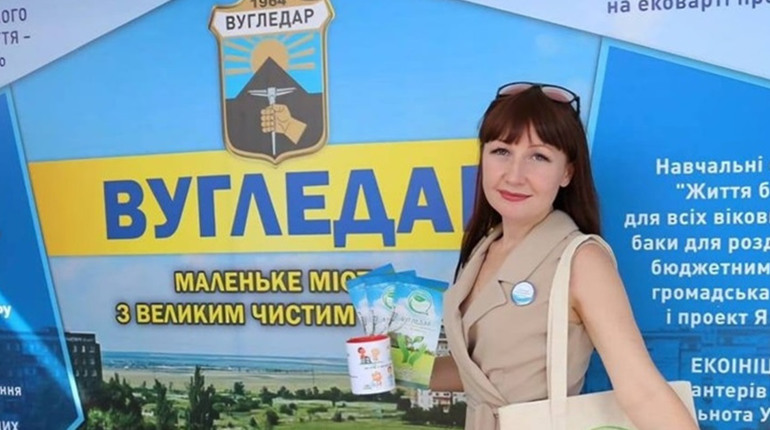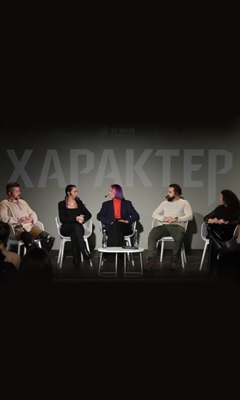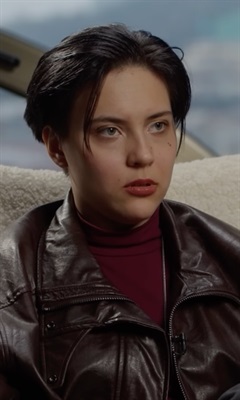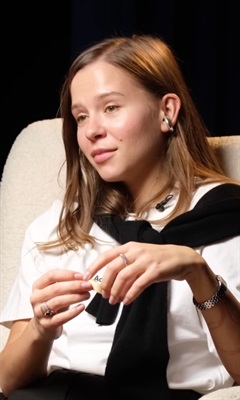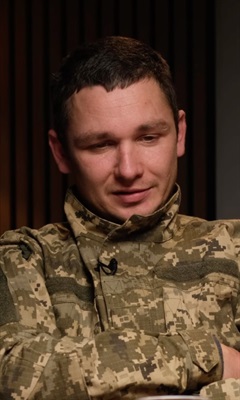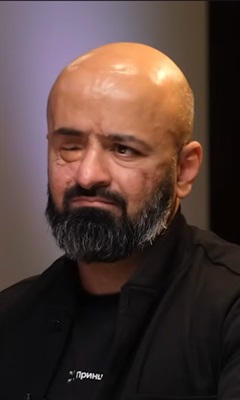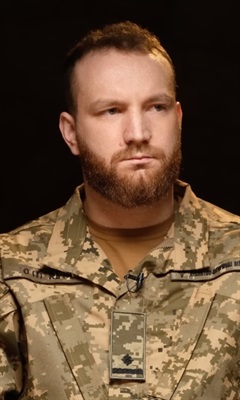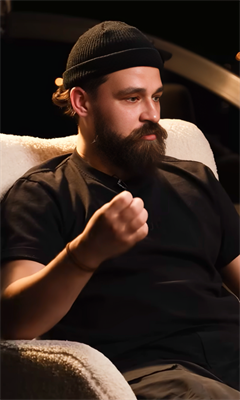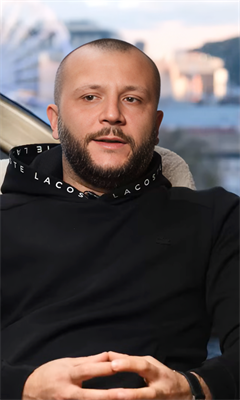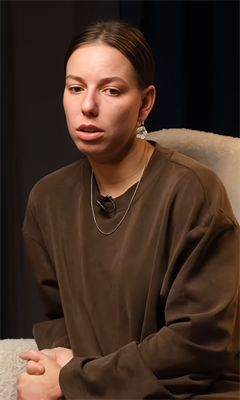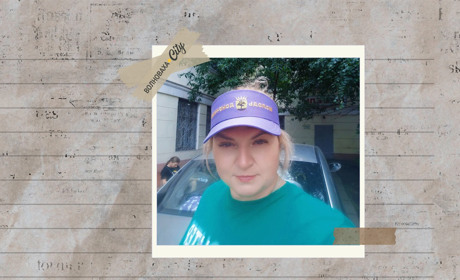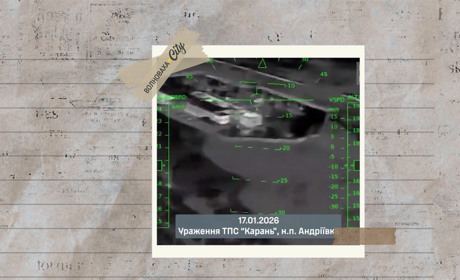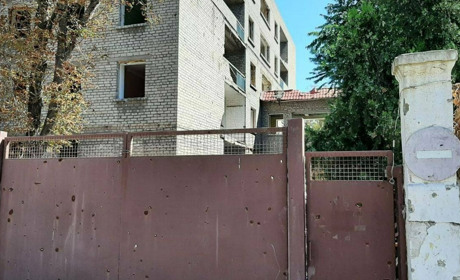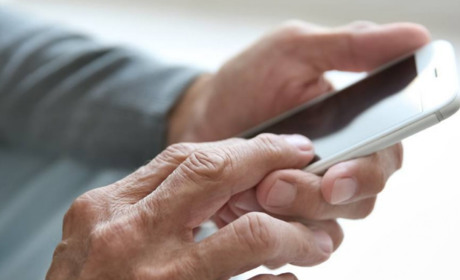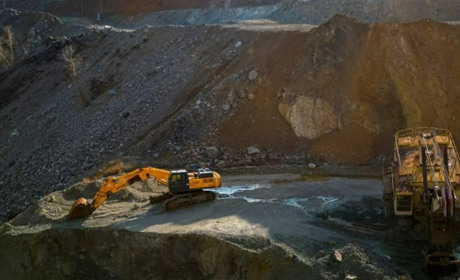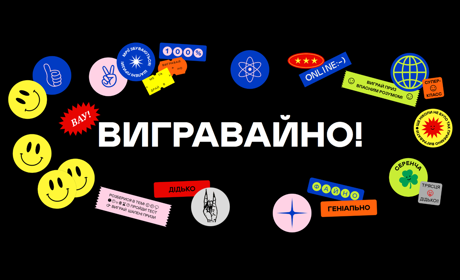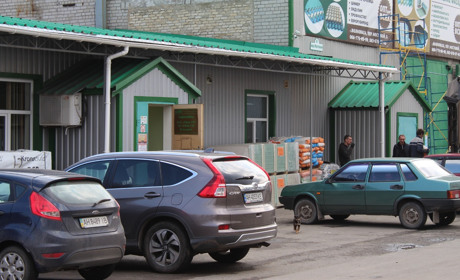Marharyta Holtseva, displaced from Vuhledar, has endured severe trials: shelling, evacuation, the loss of her home, and relocation to another country. Yet even in a foreign land, she maintains hope and finds the strength to help others. Marharyta shared her story with Volnovakha.City.
"Mom, my childhood ended at the Ukrainian border"
Before the full-scale invasion, Marharyta Holtseva worked as head of the ecology and energy management department at the Vuhledar City Council and actively participated in improving the city. In particular, she collaborated with international partners and implemented environmental projects, despite battling cancer that required regular treatment.
"On February 24, 2022, we were working at the city council when we were informed about the start of hostilities. We were asked to save data, clear computers, and pick up children from schools and kindergartens. As I was running home, the first explosion sounded," Marharyta recalls.
Upon reaching home, from her apartment window, she saw the city hospital burning. That's when the woman realized that war had changed their lives forever. Marharyta vividly remembers the first air raid: "Our whole family gathered in one apartment to be together. If something terrible happened, we wanted to be near each other."
In March 2022, the family decided to evacuate. The departure proved challenging: they needed not only to find a safe place but also to continue medical treatment. Germany became their choice.
"Three of us left Ukraine—me, my mother, who also has cancer, and my son. We stood at the Polish border for about eight or ten hours, in the cold, with our suitcases. But I remember well that there were wonderful Ukrainian volunteers who walked through the lines offering people tea, coffee, sandwiches, and snacks. When we crossed the border, volunteers were also there who picked us up at night and took us to Leipzig. In Leipzig, we stayed overnight with people, and then we arrived at this city where we are now.
I knew neither English nor German, as I had studied French in school and university. But my 13-year-old son Mykhailo knew English well, at B2 level, and that really saved us. We were in a huge bus, and in that entire bus, only my child knew the language. So small in stature, he was the only one who could communicate at all with the Germans, who also spoke English. At every stop, everyone called for Misha, because people needed to eat, buy something at the gas station, and so on. If someone was meeting someone, my son translated everything. That night he grew up I don't know how many years... He told me then: 'Mom, my childhood ended at the Ukrainian border; when I crossed the border into Poland, I became an adult,'" the woman recounts.
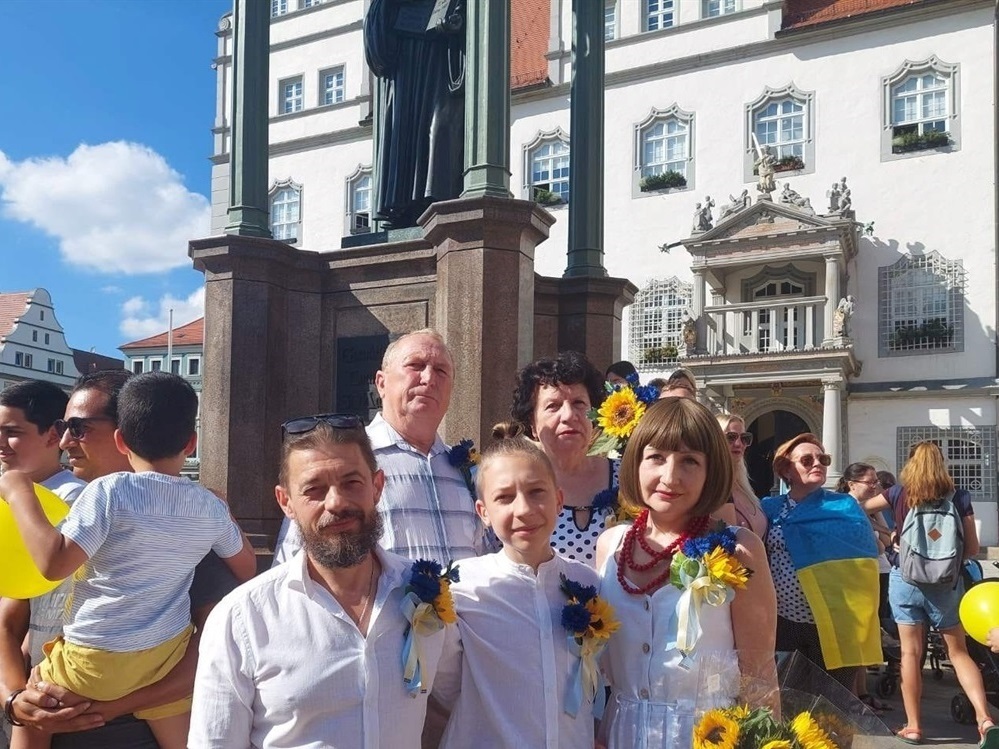 Ms. Marharyta with her family Фото: Facebook
Ms. Marharyta with her family Фото: Facebook
Remembering Vuhledar, Marharyta speaks of the pain of loss: "Our city was small but cozy. We put effort into making it better. The war destroyed not only buildings but our lives. I still cannot understand why some people who lived nearby chose the aggressor's side."
In Germany, Marharyta joined the Ukrainian club "Unity," whose members came together to support one another and help their country. They organize fundraising events to support the Armed Forces of Ukraine and promote Ukrainian culture. Club members also support Ukrainian soldiers who have ended up in their city for medical treatment.
Marharyta believes in Ukraine's victory and dreams of returning home: "I know that someday we will rebuild our cities and live on our land. This war taught us to value the unity that has emerged among Ukrainians around the world. We have become stronger, and I believe that together we can overcome everything."


